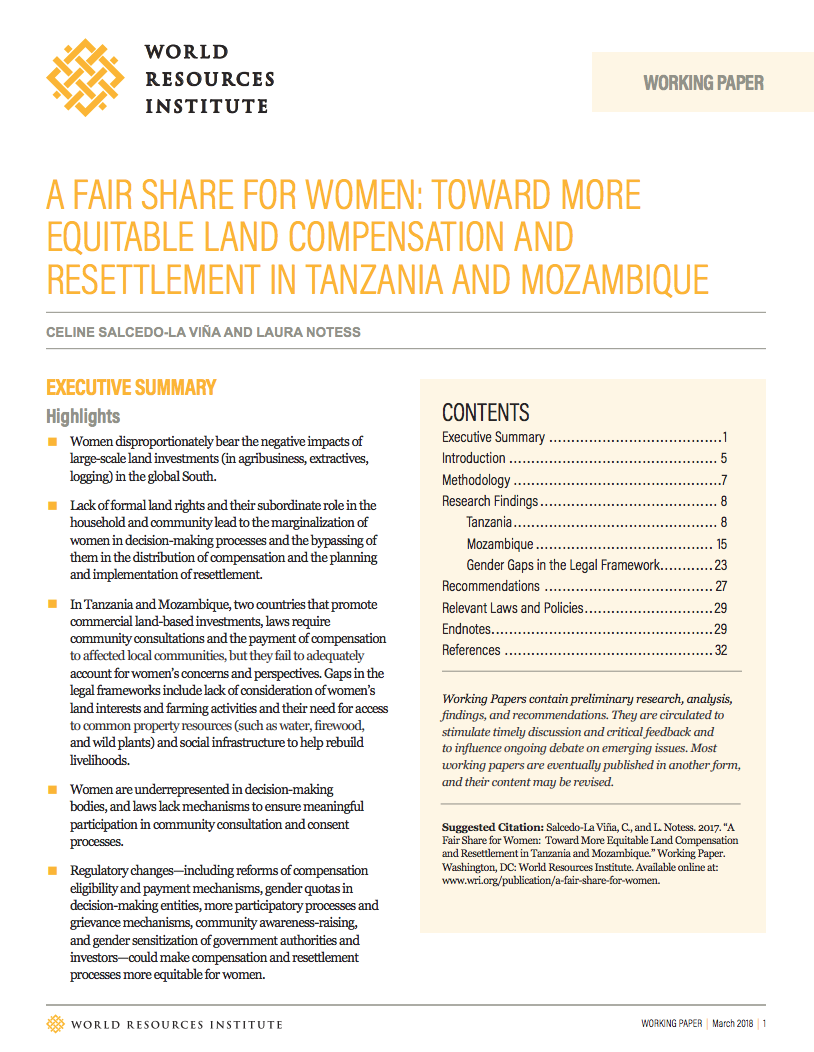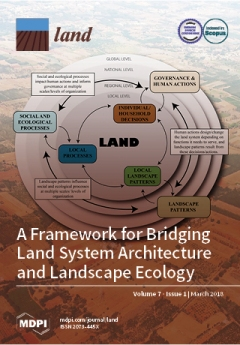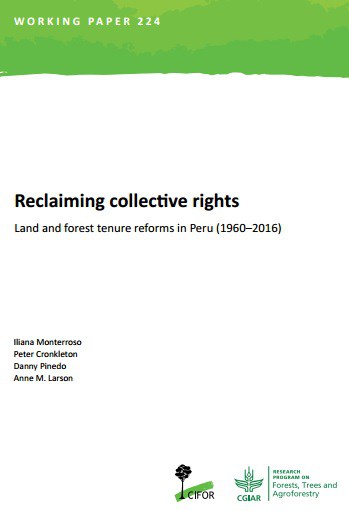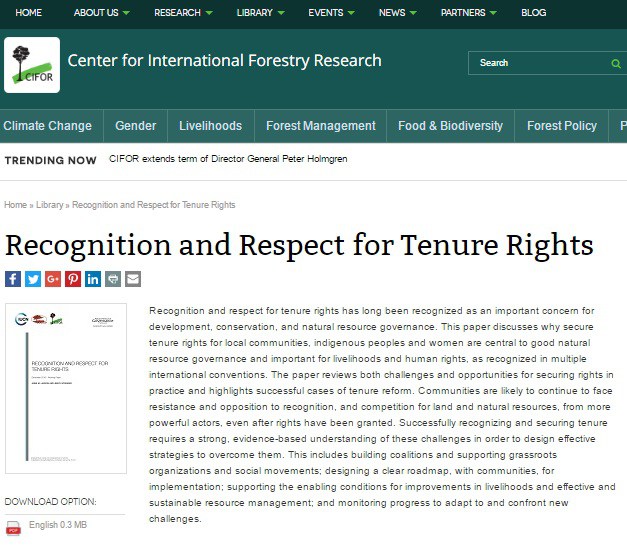Recalling community: Using material culture and digital archives in Salford
This article explores strategies for engaging geographically fragmented urban communities as active participants in conceptually re-mapping their former localities. It looks in detail at the ongoing Retracing Salford project in Salford, UK, which employs the use of everyday objects and oral histories to engage and enable former residents to reconnect with their recently demolished neighbourhoods and each other. The project also seeks to document an urban working class history largely overlooked by the large-scale institutions.






